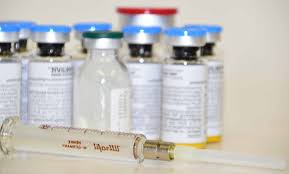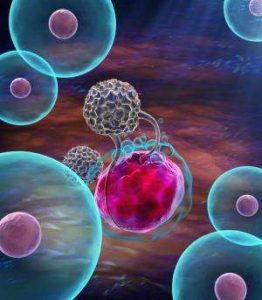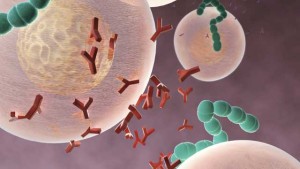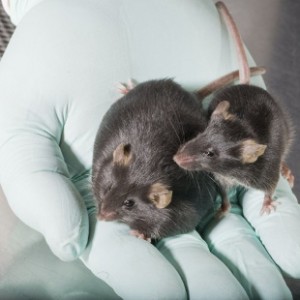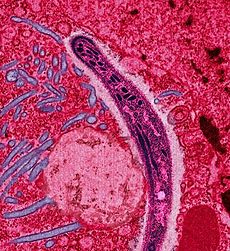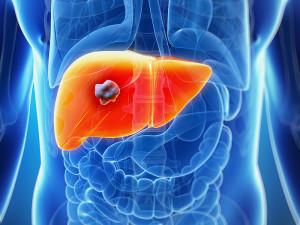In efforts to identify a potential therapeutic strategy for COVID-19, Sumit Chanda, Ph.D., director and professor of the Immunity and Pathogenesis Program at Sanford Burnham Prebys Medical Discovery Institute and colleagues have adopted a repositioning drug discovery approach whereby they assess existing drugs that are either being developed for, or are licensed for other indications, to determine if they may work as antivirals for SARS-CoV-2. Their work was carried out using a comprehesive known-drug library called the ReFRAME drug repurposing collection, which was created by Calibr, the drug discovery division of Scripps Research.
We recently spoke with Chanda to learn more about the 21 drug compounds that they recently identified as having activity against SARS-CoV-2.
Laura Lansdowne (LL): Could you tell us more about the 21 existing drug compounds that you found to inhibit SARS-CoV-2 replication? Were there any that look particularly promising?
Sumit Chanda (SC): Of the 21 compounds we identified, we can put them into three categories:
- Compounds that work synergistically with remdesivir, including the chloroquine derivative hanfangchin A (tetrandrine)
- Compounds that halt viral replication in pneumocytes – the lung cells that SARS-CoV-2 primarily infects (apilimod, ONO-5334 and MDL-28170)
- Compounds that are FDA approved (astemizole and clofazimine), as well as remdesivir which recently received Emergency Use Authorization.
It’s most likely that a drug “cocktail” will be needed to effectively treat COVID-19 (similar to how HIV is treated), so it’s good to have drugs that attack the virus differently – especially if we start to see drug resistance emerge. In other words, a cocktail of drugs that can halt viral replication through different mechanisms and in different cell types would be the optimal approach to treat COVID-19….

